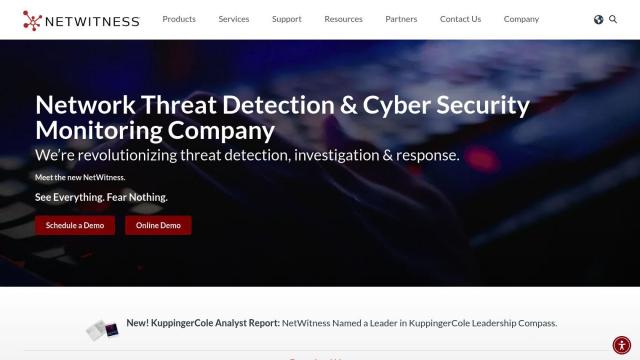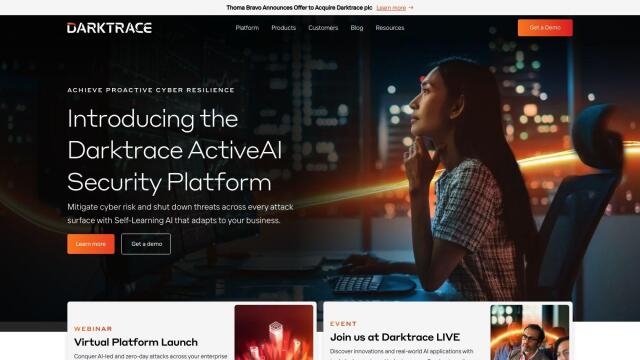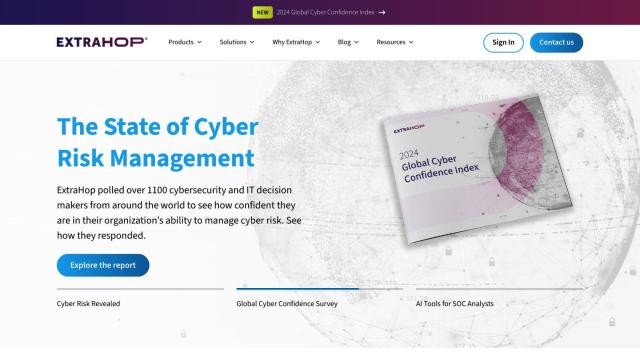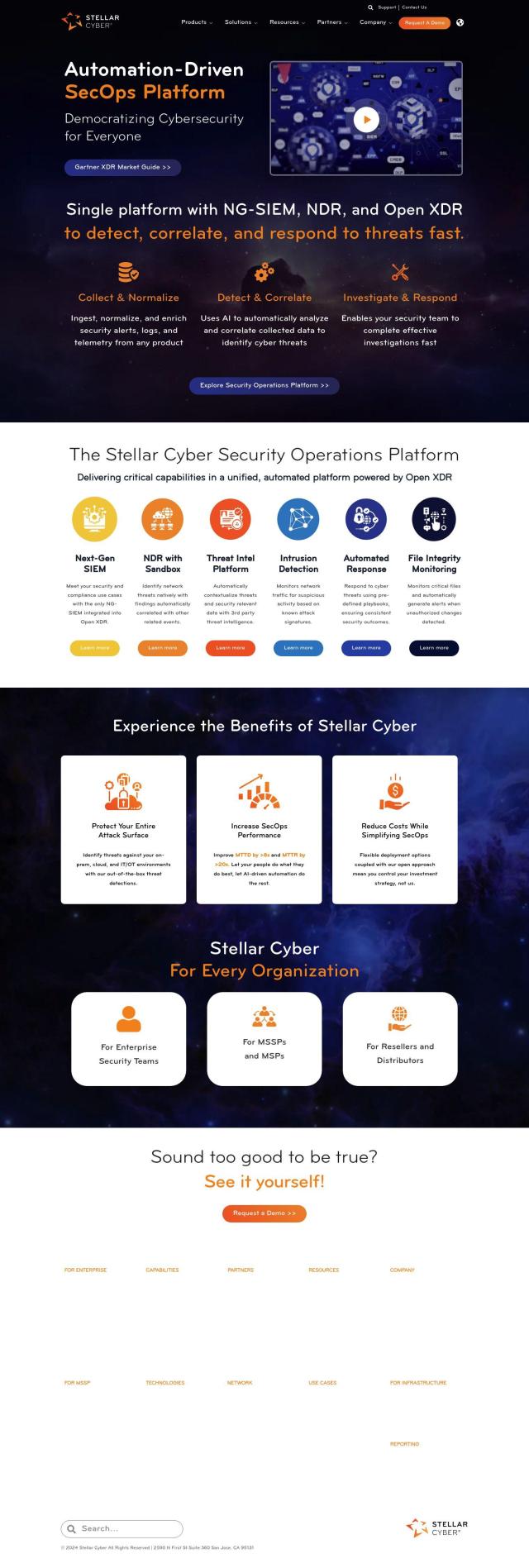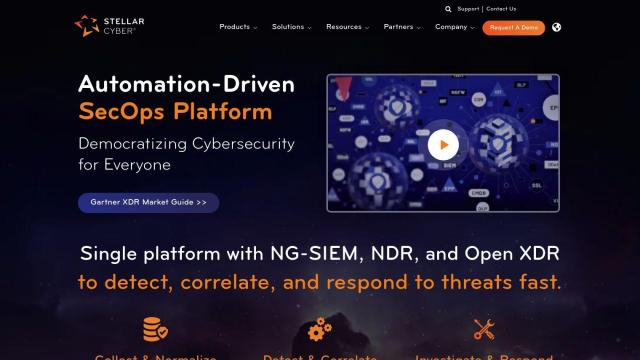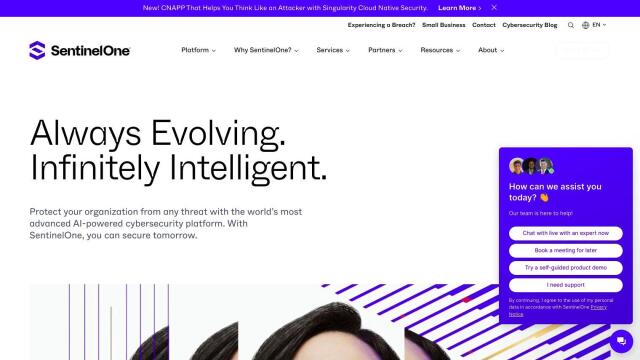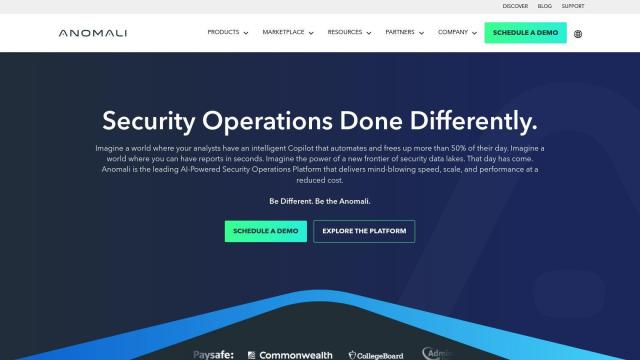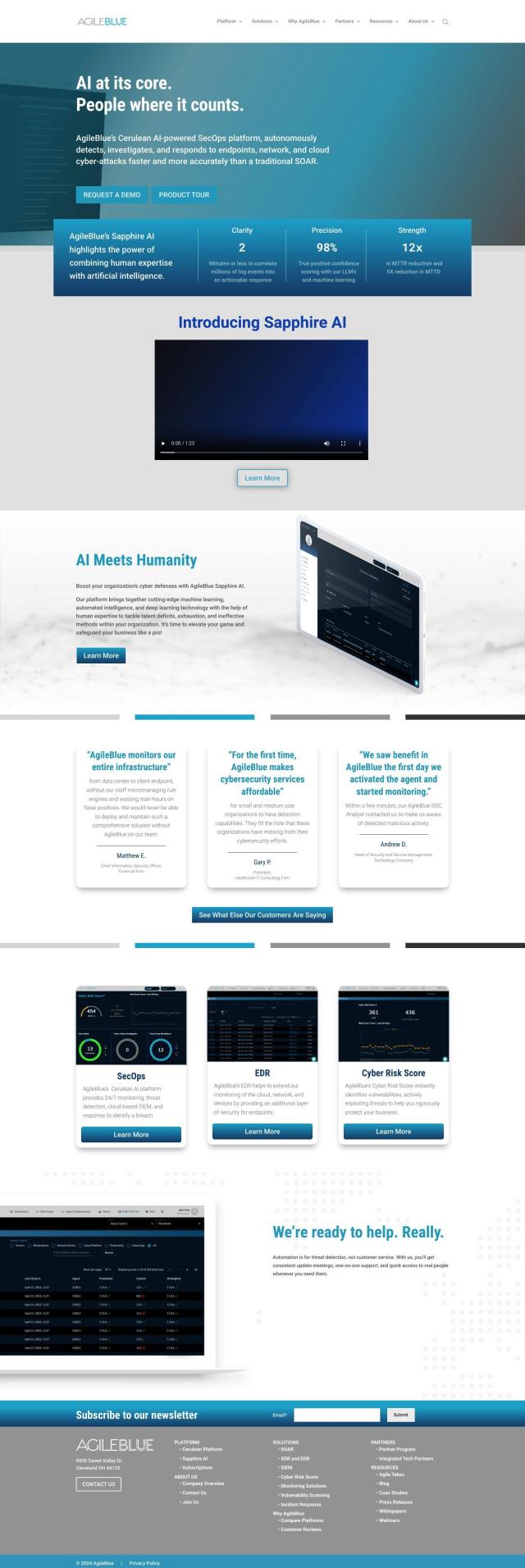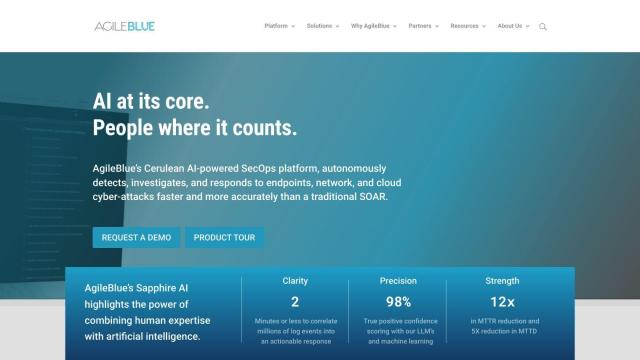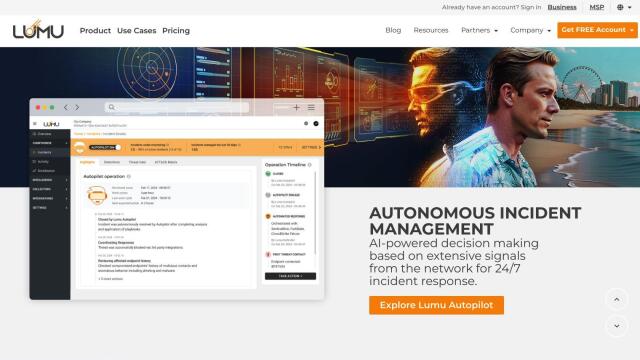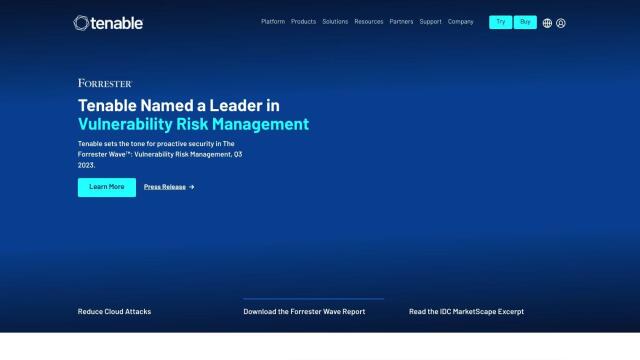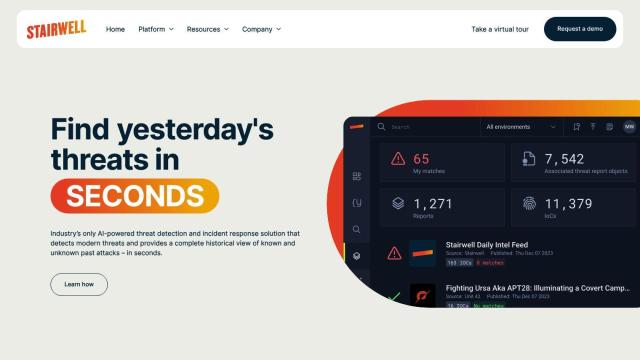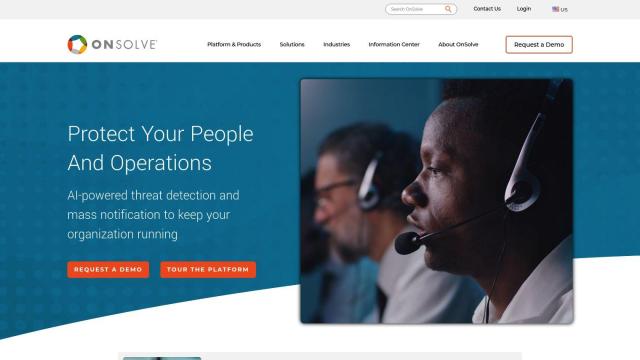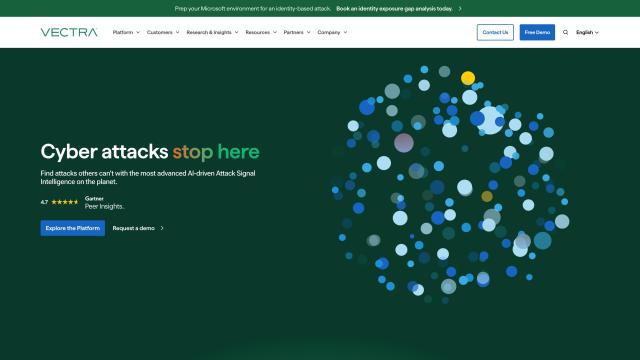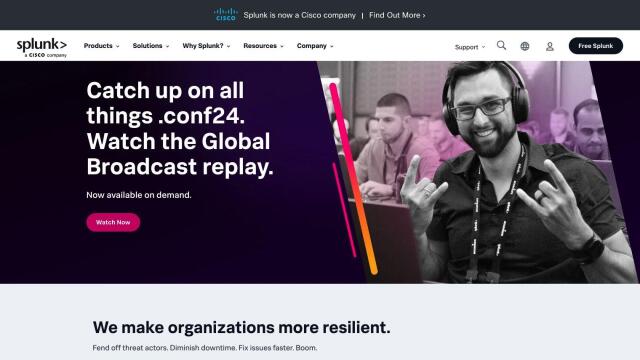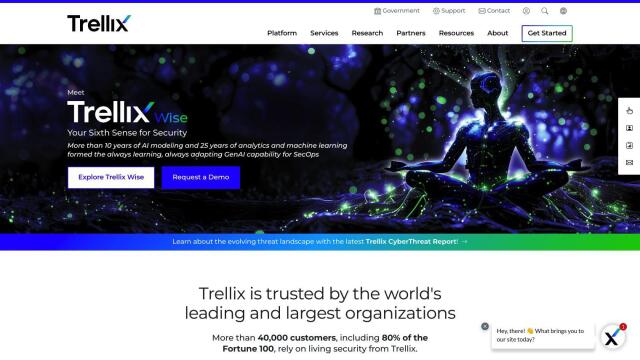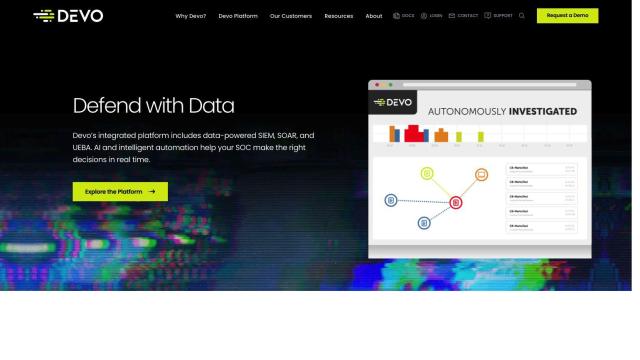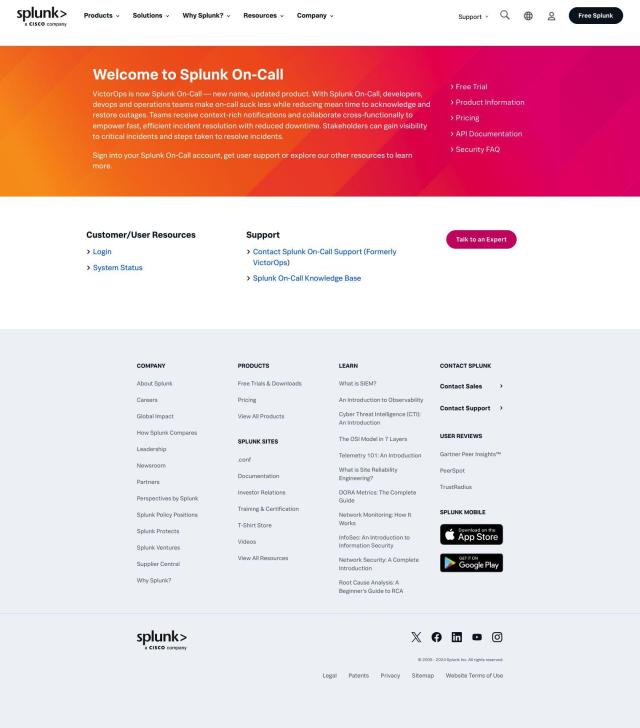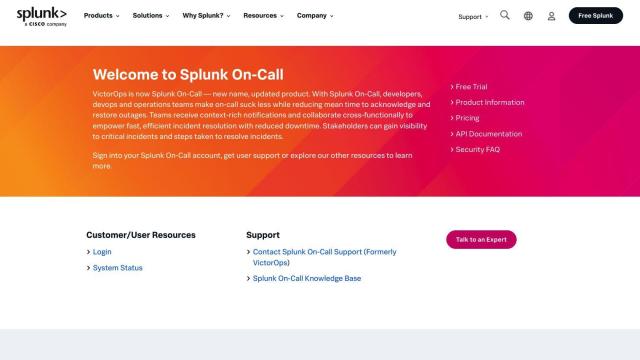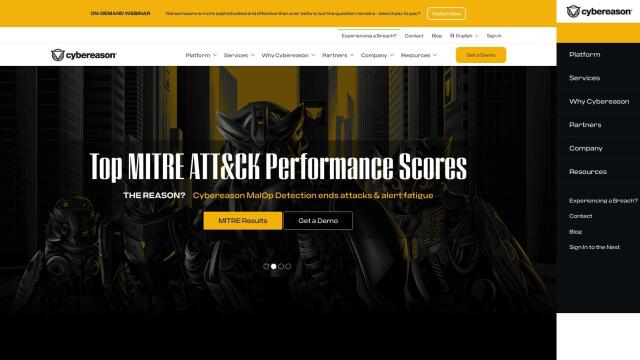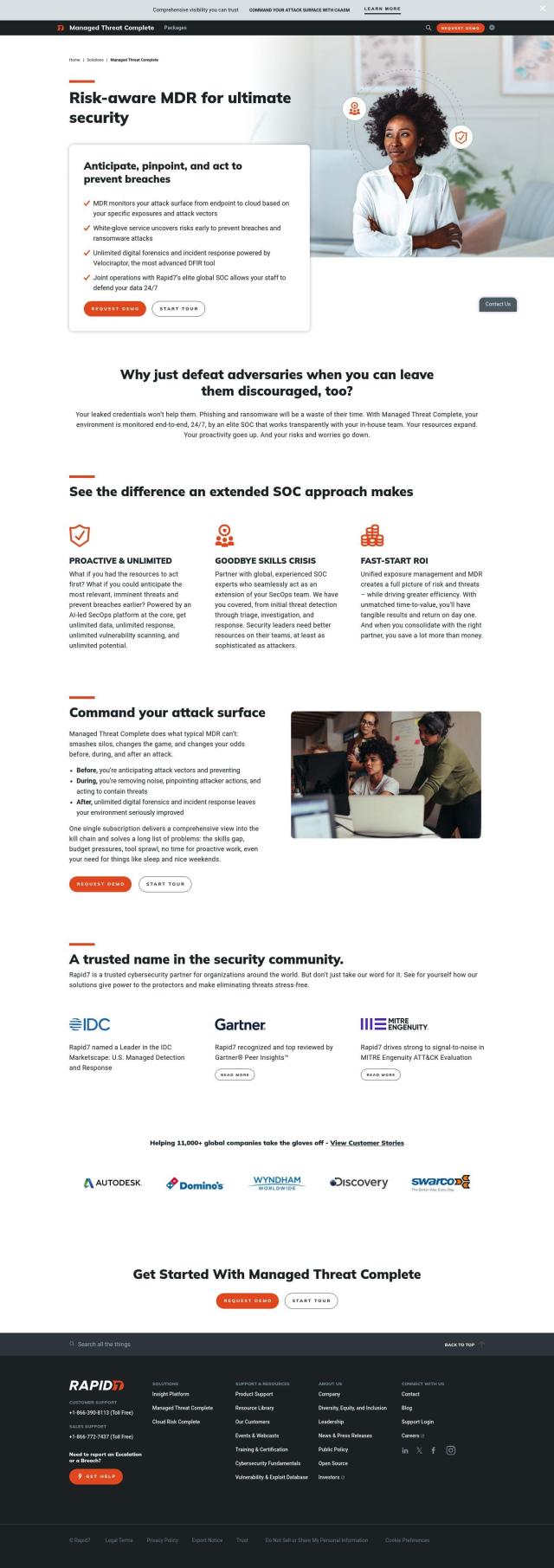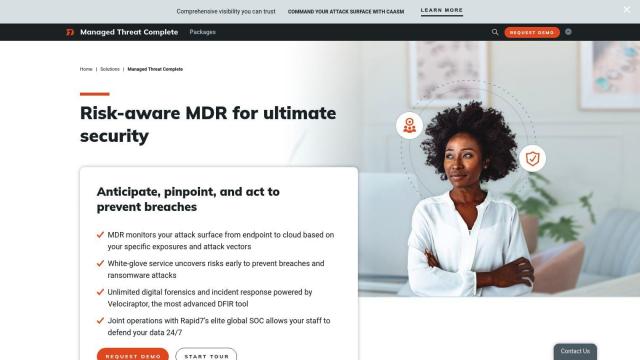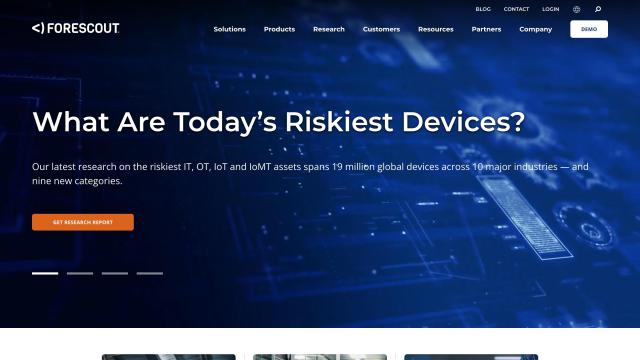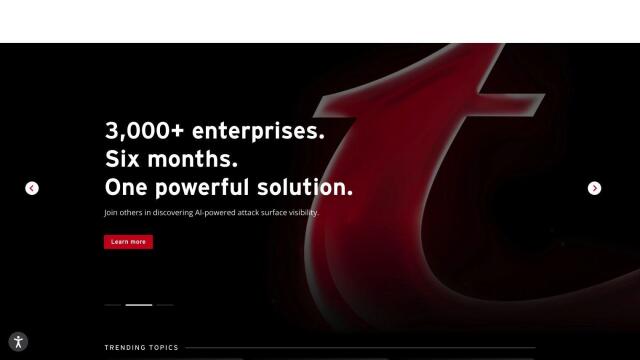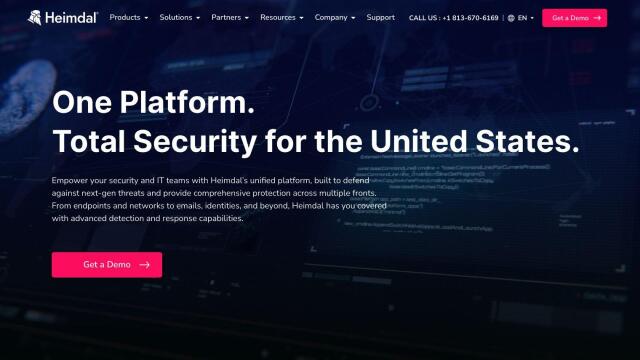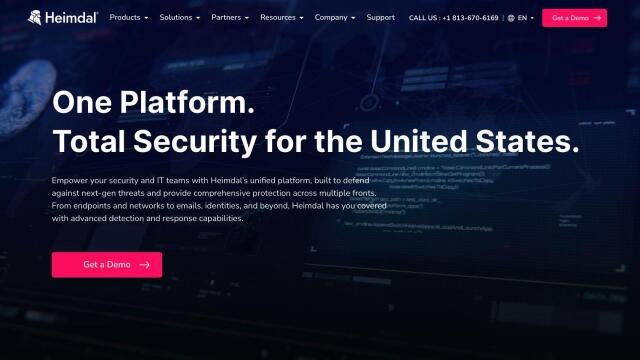
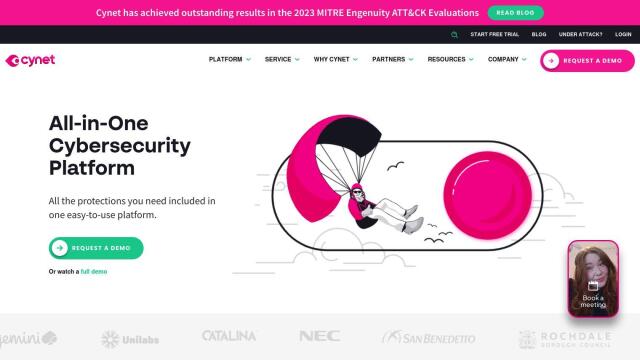
Cynet
If you're looking for a NetWitness replacement, Cynet is worth a look. This all-in-one, natively automated cybersecurity platform consolidates many security tools into one system, providing end-to-end protection for endpoints, users, networks and SaaS applications. Its Protector module handles prevention and detection, Responder automates investigation and response, and Correlator handles log collection and event correlation. Cynet also offers a managed detection and response (MDR) service, CyOps, that continuously monitors and responds to threats, and is a good option for companies that want to simplify cybersecurity operations and improve response times.

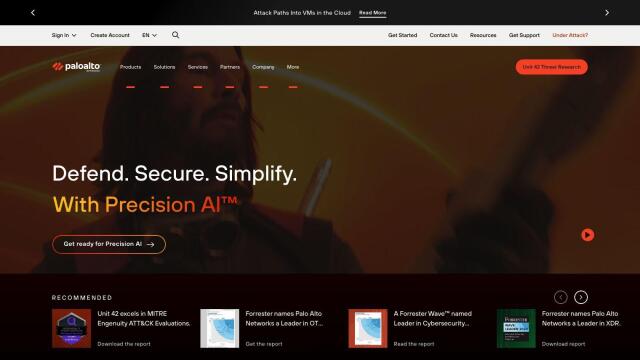
Palo Alto Networks
Another contender is Palo Alto Networks, which takes a Zero Trust approach to protecting networks, cloud computing workloads and hybrid employees. The company's platform includes Precision AI for real-time threat detection, a unified Network Security Platform, Cloud Security for code-to-cloud applications, and SOC Operations to automate threat detection and response. Palo Alto Networks also offers services for threat intelligence and incident response, making it a good fit for a range of industries that want to cut complexity and improve their security.

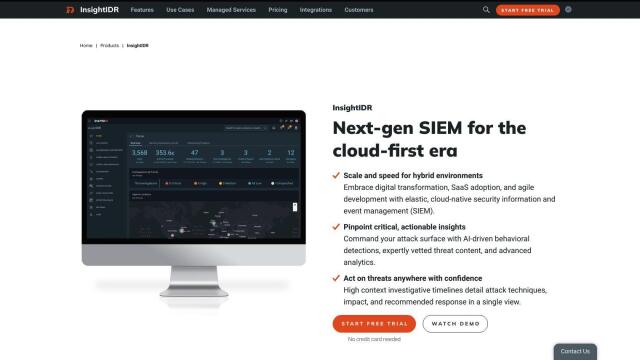
InsightIDR
If you need a cloud-native SIEM, InsightIDR is designed to provide elastic and flexible security for hybrid environments. It uses AI-based detections, threat content vetted by experts and advanced analytics to deliver insights. InsightIDR can be used in conjunction with other tools like InsightVM to create a unified security center and offers always-up-to-date threat coverage through an extensive library of ATT&CK-mapped detections. It's good for incident response and hybrid security operations.

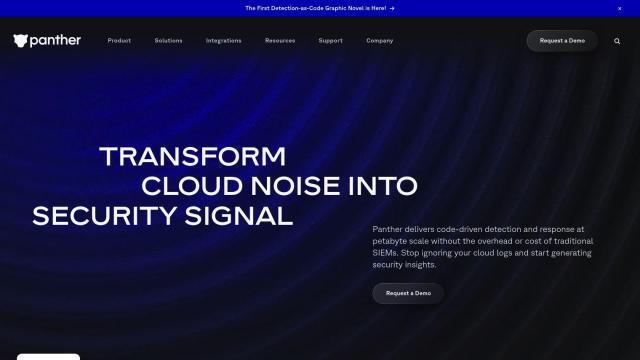
Panther
Another cloud-native SIEM option is Panther, which offers a security data lake and flexible scaling to help modern security teams process and analyze security data at large scale. Features include detection-as-code, multi-event correlation, real-time alerts and alert triage and response automation. Panther's serverless design means it automatically scales, which means less infrastructure overhead and lower total cost of ownership, and it's a good option for companies that need to process a lot of security data.

